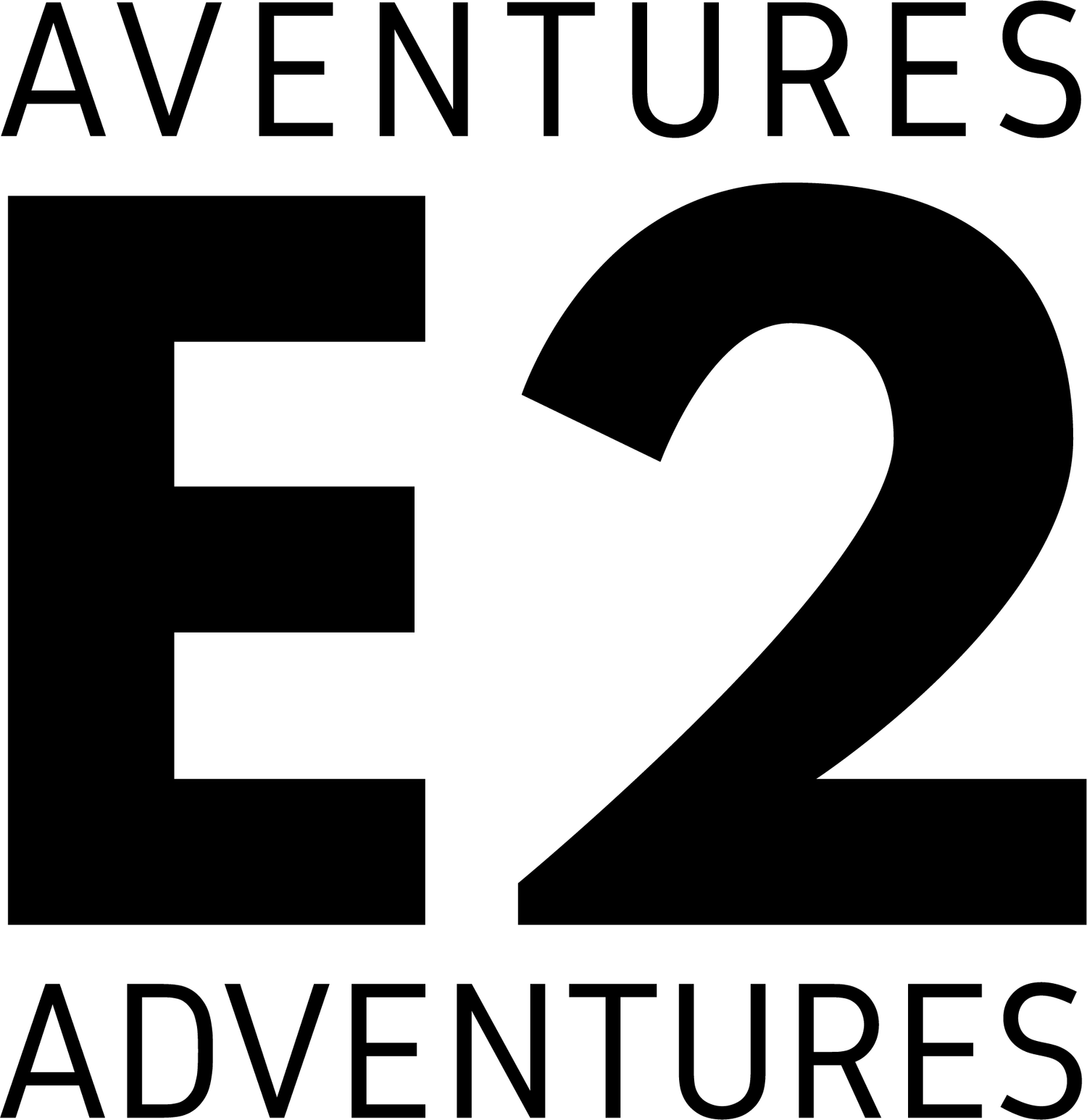
Educational Approach
Select a subject area to learn more
We turn systems into stories your students can learn from
Our interactive field trips examine the world through its systems to awaken curiosity and determination in the next generation of problem-solvers. Understanding systems allows us to see connections and interdependencies between ourselves and the environment, economy, and society – that are often invisible. Systems thinking deepens curiosity, self-discovery, critical thinking, and our ability to observe and analyze what we experience.
The world is cross-curricular and so are our field trips.
Our field trips visit places and people doing inspiring things and illustrate how the multiple sites and the professionals who work in them play a role in a complex system. Field trips are cross-curricular and grounded in pedagogical approaches that invite students to actively engage in and get curious about topics that impact them. For example, “How are cities built?”, “Where does crypto currency come from?”, “How does the internet connect us all?”, “How do greenhouse gases affect the environment?”
We believe in the pedagogical power of questions!
During each live interaction students start with questions to investigate as they explore each site and meet its experts. As the trip unfolds, the questions invite deeper reflection: “Why should I care?”, “ Who does this impact?”, “Why does this matter?”, “What role can I play?”
While students visit sites rarely seen and meet diverse professionals on-the-job, they are:
Prompted with fact-based and opinion-based questions from the host
Prompted to ask experts questions live
Polled to showcase their different perspectives
Invited to vote on options that result in different directions the field trip can take – choose-your-own-adventure style.
Inspired to reflect on big questions and connections
Easily integrate our field trips into your scope and sequence
We make our field trips are relevant to your objectives by connecting them to:
Curriculum topics
Sustainable Development Goals (SDGs)
Career pathways
The world around us
We take care of what happens during the field trip. What happens before and after is your choice. Our field trips are a rich educational resource – an ongoing, supplemental teaching and learning opportunity – that challenges your students to tap into the ambitious problem-solvers within each of them. Teachers have reported using our field trips to:
Engage students at the beginning of a unit or project
Launch and/or ground a cross-curricular project
Contextualize and scaffold learning with real world examples
Serve as inspiration for a research, writing or comprehension assignment
Bring abstract theoretical concepts to life
Be able to observe innovative demonstrations in professional contexts
Elicit forms of reflection including: critical thinking, creative thinking and practical thinking
Expose students to careers options and causes that can inspire life choices
Testimonials
“The reflection assignments I got back after our field trip were some of the most interesting I have ever read from my class. Thank you!”
“Three of my students became interested in a new career after participating in a field trip and getting to see how self-driving cars are made – and two of them are girls!!”
“Myself and a social studies teacher are collaborating on cross-curricular projects and we’ve used two field trips now to get our students making connections between a plant’s life and the system of agriculture that relies on it. So cool!”
“Teaching in a remote community, I know that my students would NEVER have been able to see the places we’ve been with E2. It feels good to make this happen for them.”
“My classes have been on a few field trips now. Sometimes I use them as an exciting way to start a unit and spark interest. What I like is that they provide really memorable examples that I can go back to over and over again to reinforce learning over time.”




